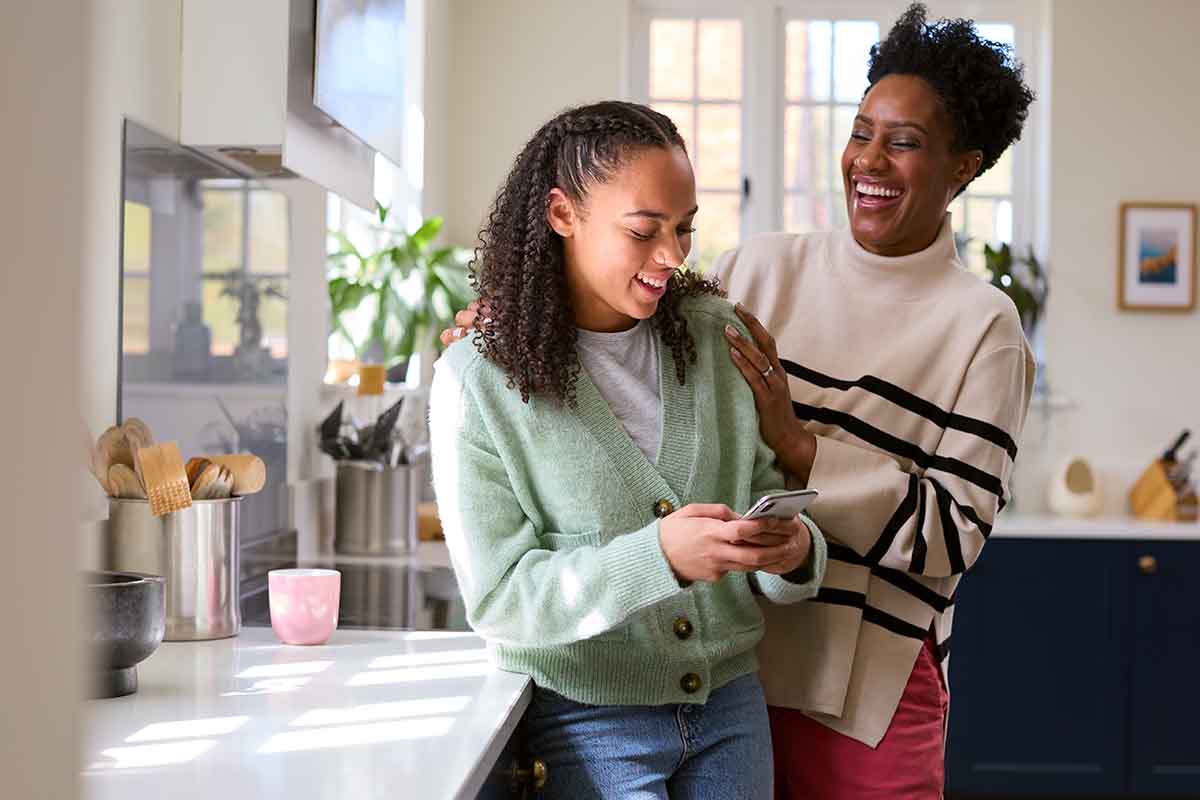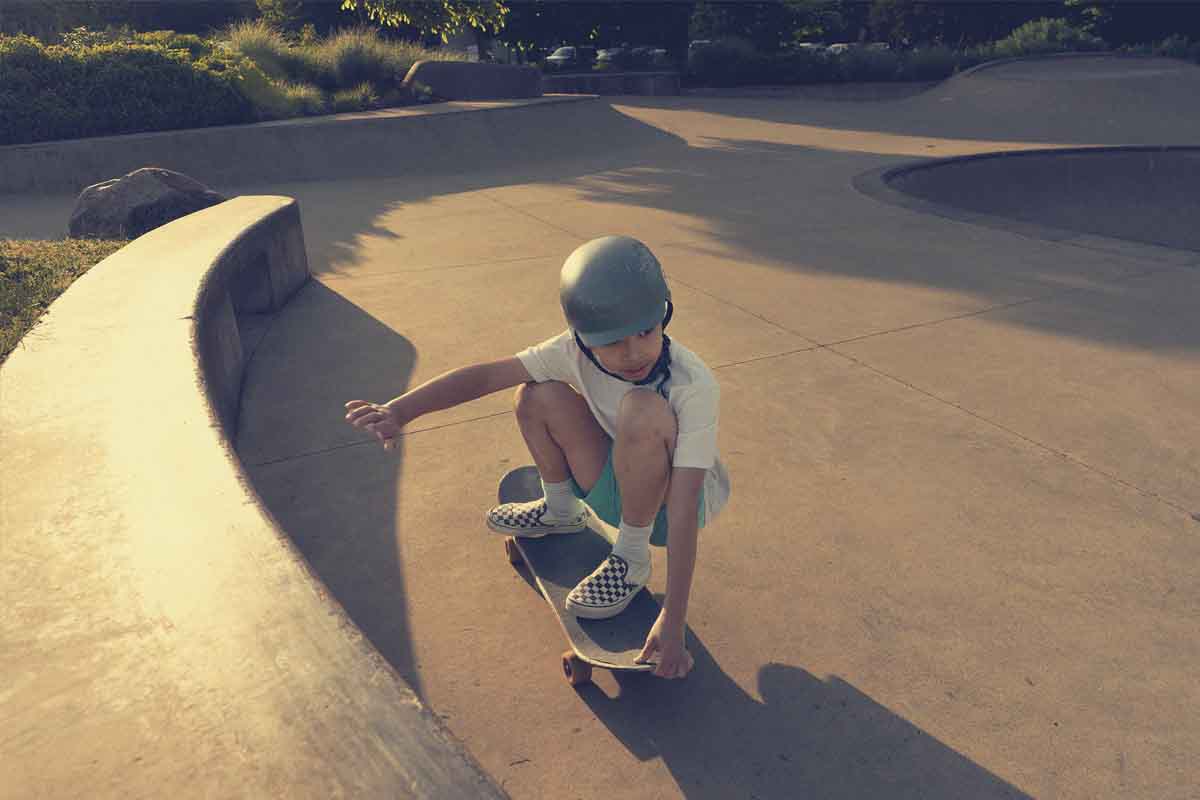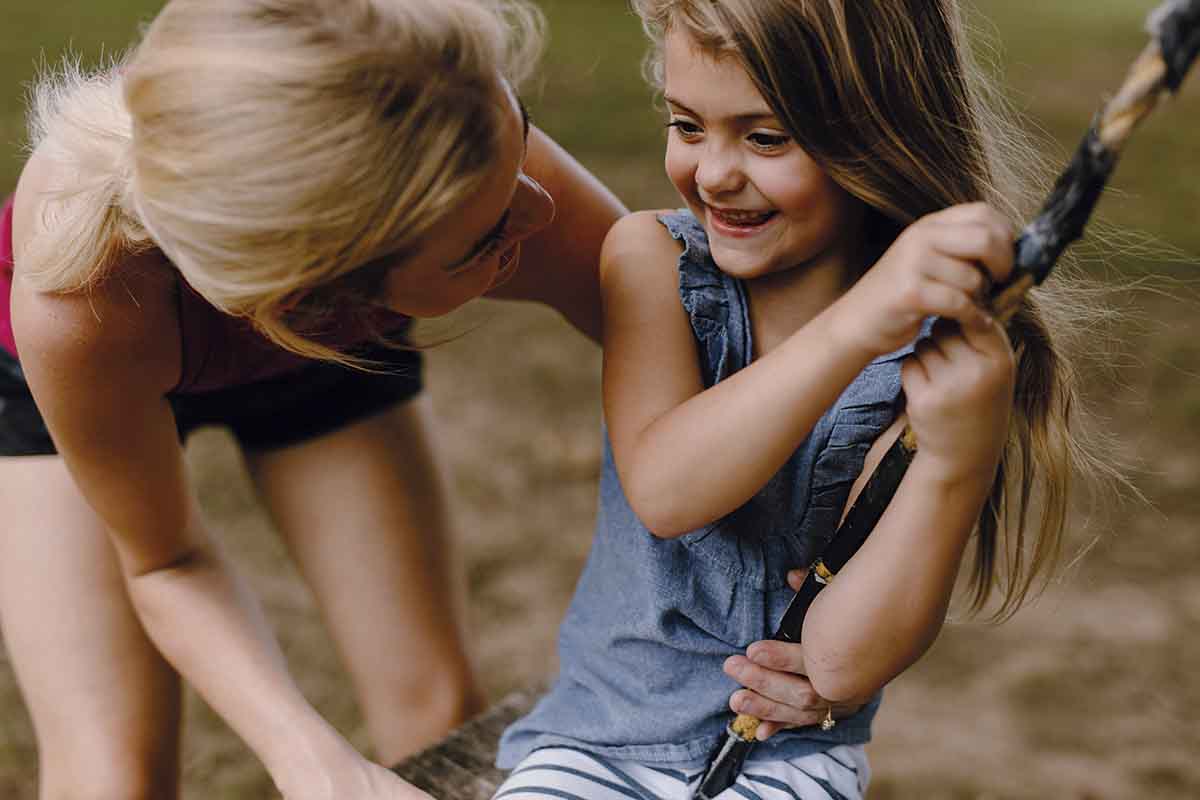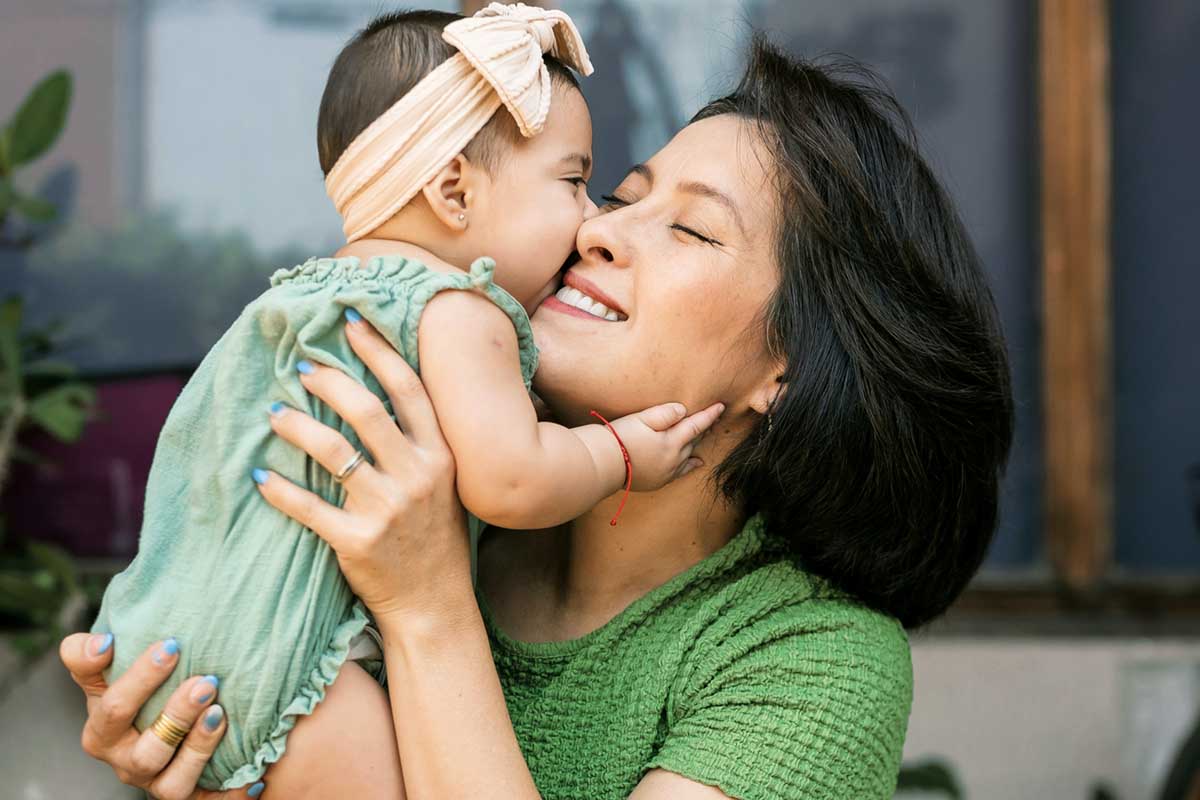Advertisement
A Green Halloween
Eco-friendly tips for a healthy holiday
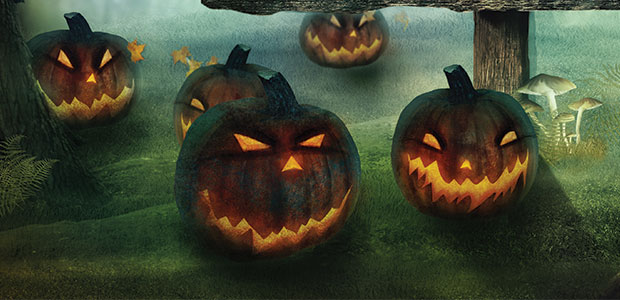
Halloween is a fun-filled and exciting holiday that many young families take part in each year. Kids and parents alike enjoy being thrilled by spooky trick-or-treaters and surprised by frightening decorations. However, Halloween can be scary in another way—it’s often a time of excessive waste production and less-than-green treats and decor.
A lot of things associated with Halloween are single-use, synthetic, and cheaply made, and this can send chills down the spines of any eco-friendly family. How can you avoid the downright creepy waste and ghoulish additives often conjured for this scary holiday? Here are some tips.
Costumes
Many plastic store-bought costumes contain polyvinyl chloride (PVC), which can leach toxic additives with use. Phthalates are added to PVC products to make them both flexible and soft, but research shows that exposure to phthalates over time may adversely affect reproduction and development. If you choose to purchase a Halloween costume from a store, ensure it is PVC free by looking at the label.
Swap party
As an alternative to buying new, you could host or attend a costume swap in your area. Guests can bring their used Halloween costumes to the swap and then trade them for another gently loved outfit. Halloween costumes are usually worn only a few times (if that), and swapping them with friends or neighbours is a clever way for everyone to keep costs down and to reuse old goods.
Thrift store
If a costume swap doesn’t work for you, take a trip to your local thrift store or to your own closet for used clothes that could be repurposed into an imaginative costume.
Look at old clothes with new eyes. Could those jeans with holes be the start of a patched-up scarecrow costume? Could that shiny, hot pink bridesmaid’s dress turn into a gown fit for a little princess? With some hand stitching or even some safety pins and duct tape, thrifted pieces can be turned into fun and eco-friendly Halloween costumes.
Makeup
Face makeup can be half the fun of a fantastic Halloween costume, but be careful with what you put on your child’s face. In a 2009 study by the Campaign for Safe Cosmetics, all of the face paints tested contained lead and other heavy metals, including cobalt, nickel, and chromium. Exposure to lead can cause a multitude of mental and physical health issues, while the others are known irritants that may cause lifelong skin problems.
Lead has been banned from cosmetics in Canada, but it may still appear in products manufactured elsewhere. There could also be other toxins present in face makeup, since some chemicals might not be listed in the ingredients list.
One way to avoid the possibility of exposing your child to toxins in makeup is to avoid it altogether! Have your child go au naturel and save colour for their hair and costume.
If you decide to purchase face paint, try toxic-free mineral makeup. Look for certified organic ingredients and products that are free of artificial dyes.
Do-it-yourself Halloween makeup is another option. By combining equal parts cornstarch and natural skin lotion, you can create some face makeup that can be dyed with foods found around the house, such as coffee grounds or fruit juice. Fake blood can be created by mixing corn syrup, a bit of liquid castile soap, and some natural food dyes.
Decorations
It’s always exciting to be the scariest house on the block at Halloween with a host of fun decorations. Instead of using plastic decor, try using natural materials such as straw bales, gourds, branches, dry leaves, and flowers.
If you’re making jack-o’-lanterns with your family, reserve the pumpkin seeds when carving so that you can toast them later for a tasty and seasonal treat. You can either use the insides for pie or compost them.
Use decorative LED lights instead of incandescent string lights. LEDs consume far less electricity than incandescent bulbs, and decorative LED light strings aren’t any different. LED holiday lights are also safer than incandescent lights because they are cooler and reduce the risk of combustion or burns. They’re sturdier and more resistant to breakage, and they last a lot longer so that you can use them for many Halloweens and other holidays to come.
Treats
Candy is one of the central themes of Halloween. Kids can come home from trick-or-treating with a whole host of sugar-filled treats and drinks that contain questionable ingredients such as corn syrup and artificial dyes. Instead of offering these treats to kids who knock on your door, try handing out organic products made from whole foods. You could also offer non-food items such as eco-friendly toys or craft items.
If your children come home with a sack full of junk food, you could ask them to exchange them for a toy or organic treats of their choosing. Make it a special trip where you spend quality time together! You could also let your children know that a fun little witch called the “Switch Witch” will be visiting your home in the middle of the night to trade their junk food for a surprise gift that they can open in the morning.
Halloween is supposed to be scary, but not when it comes to your family’s health or earth-conscious lifestyle. By changing a few decorations and products you buy, you can easily make Halloween a healthy and safe holiday for your family and for the little trick-or-treaters who approach your door. Add some green to that orange and black, and have a happy, eco-friendly Halloween!
Trick or treat!
Healthy treats and alternative ideas for handing out:
- fair trade, organic chocolate
- honey sticks
- organic gummy treats
- organic jelly beans
- organic raisins or dried cranberries
- pencils or stickers
- small, eco-friendly toys

